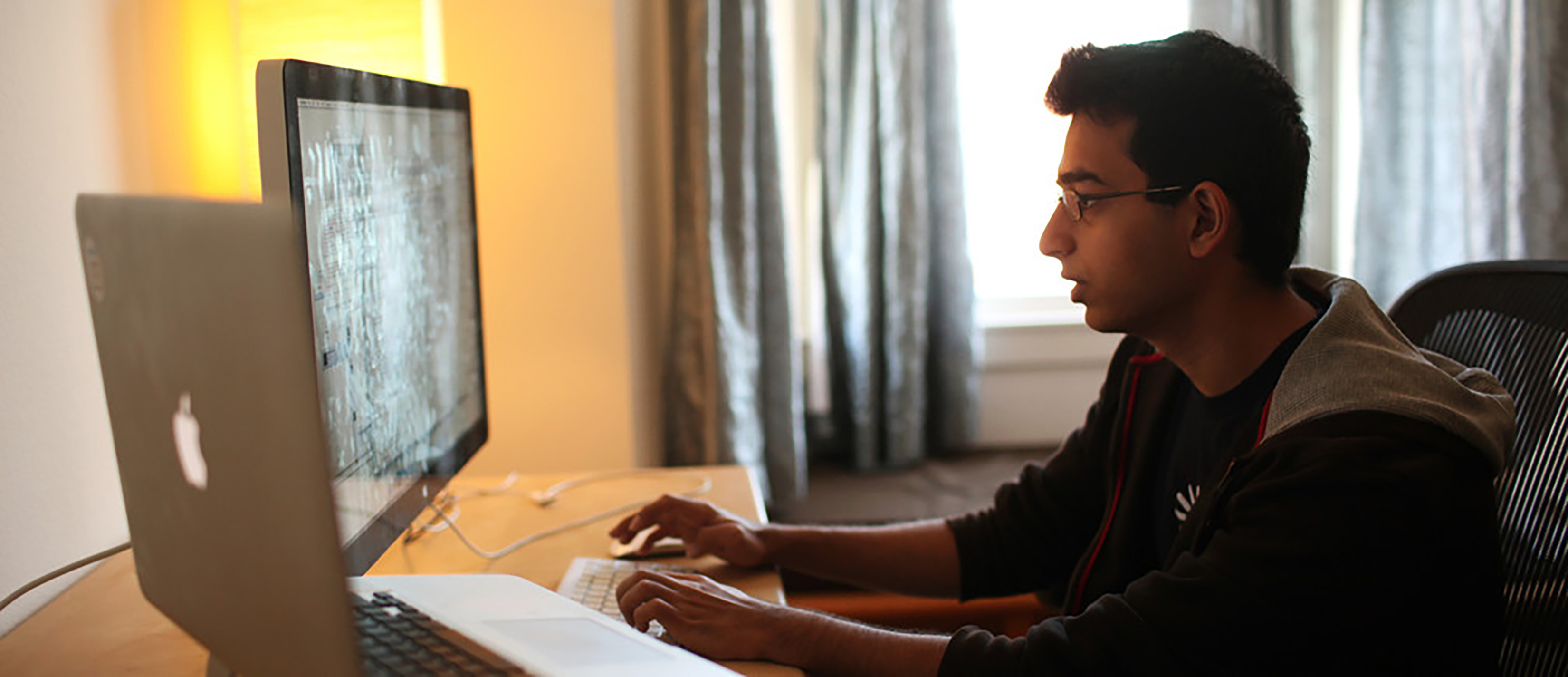As the world grapples with increasingly complex and seemingly intractable challenges, a new answer is gaining momentum: systems change. But what is systems change? What are the qualities needed of leaders who aim to transform our economies and societies in ways that go beyond the reach of a single organization? Leaders who can build movements, and successfully engage all the stakeholders affected by an issue towards collaborative action?
Until now, conventional wisdom had it that social entrepreneurs were uniquely positioned to tackle social and environmental problems. By developing innovative models and drawing on entrepreneurial concepts and tools, they have come up with a range of proven solutions to tackle homelessness, water and sanitation, education, quality healthcare, and more.
In order to reach more beneficiaries, or protect vaster stretches of the environment, scaling was thought to be the solution. But even for the most successful social entrepreneurs, scaling through organizational growth has its limits. Most importantly, it can take a lot of time. And one could argue that on many fronts, time is running out.
Scale is not just about scaling an enterprise, but ultimately about “scaling a concept”. And that’s where systems change comes in. In the words of one social entrepreneur, systems change means to “fundamentally, and on a large scale, change the way a majority of relevant players solve a big social challenge, such that a critical mass of people affected by that problem substantially benefit.”
Social entrepreneurs learning to be effective “system entrepreneurs” make a distinction between organizational scale and systemic scale. Organizational scale is about growing the reach of a prescriptive, organizationally-designed solution to a problem. But systemic scale is about shifting the rules, norms, and values that make up our social systems. This requires coalition building, such that a host of different stakeholders can come together to adopt a new model, roll out a new service, or modify their current way of operating, all in favor of a common social or environmental goal.
This may sound obvious, but for anyone who has started down that thorny road, it quickly becomes clear that when many diverse players are involved, a host of new questions and pitfalls arise. For example, when funding predominantly follows organizational impact and individual leadership, where are the incentives to collaborate? In a coalition, who takes the ultimate credit? How can a context be cultivated so that egos are set aside, and the interests of the overall mission take precedence over the interests of individuals and their organizations?
In such a context, the inner qualities of a systems change leader become critical. A growing body of evidence suggests these qualities can be cultivated through a focus on inner wellbeing and self-awareness. “Systems change is inherently an inner and outer process,” explains the Academy for System Change:
This work involves deep shifts in mental models, relationships, and taken-for-granted ways of operating as much as it involves shifts in organizational roles and formal structures, metrics and performance management, and goals and policies. Because of this, we believe that the development of self is foundational. This inner work – which involves developing awareness, compassion, understanding, and wisdom – also extends to teams, networks, organizations, and beyond.
This link between inner work and social impact is something that is being explored by The Wellbeing Project, a coalition of organizations learning about this together. Social entrepreneurs from leading networks such as Skoll, Synergos, Ashoka, and the Schwab Foundation, who have participated in the 18-month journey offered by The Wellbeing Project, systematically report that through a focus on inner work and fostering a greater sense of well-being, they have become more fully and authentically themselves.
They are able to take an honest, and often painful, look at how their self-perception differs from how others perceive them. They engage in deep inner work to explore the source of their passion, their driving values like social justice or righting wrongs, and even their sense of identity. Many have found, to their surprise, that their personal sense of identity has, over time, become inextricably and unhealthily linked to the issue they’re trying to solve and to the organization they created to solve it.
“Who am I without my organization?” is a common refrain that participants of The Wellbeing Project ask themselves – with a trace of distress and even alarm at first; it’s a frightening scenario to contemplate. Then slowly, with participation in the program, the tone changes. It becomes more confident and balanced. Anxiety diminishes.
Ultimately, an important shift happens as the entrepreneur identifies with their organization in a healthier way. The goalposts move. The frame widens. There is less insistence on taking credit or intransigence, on doing things “a certain way.” Building coalitions, nurturing movements, even investing in other organizations become established ways of working. Empowering other leaders becomes possible.
This authenticity is critical to creating collective ownership among key stakeholders who have an essential role to play in solving the same problem, but who are also leaders bringing their own interests, institutions, agendas, and egos to the table. Negotiating that terrain successfully requires attentive listening, honed bridging skills, and intense self-awareness about how you are perceived by others.
Social entrepreneurs have also linked their inner work with a greater ability to connect with others and build trusted relationships. In complex multi-stakeholder contexts where communication breakdowns are often the norm, this again becomes a valued personal skill. Active listening and the capacity to maintain open communication and trust are the glue that can bind a coalition.
Taken together, these qualities enable social entrepreneurs to assume the role of a systems entrepreneur. They become an effective “honest broker,” recognized as having the humility and discernment to put the collective interest ahead of their individual or organizational interest – especially when those start to clash.
As more and more social entrepreneurs are drawn to address the challenges of our time, their inner journeys will equip them with the personal qualities to become the systems change leaders our world needs.


